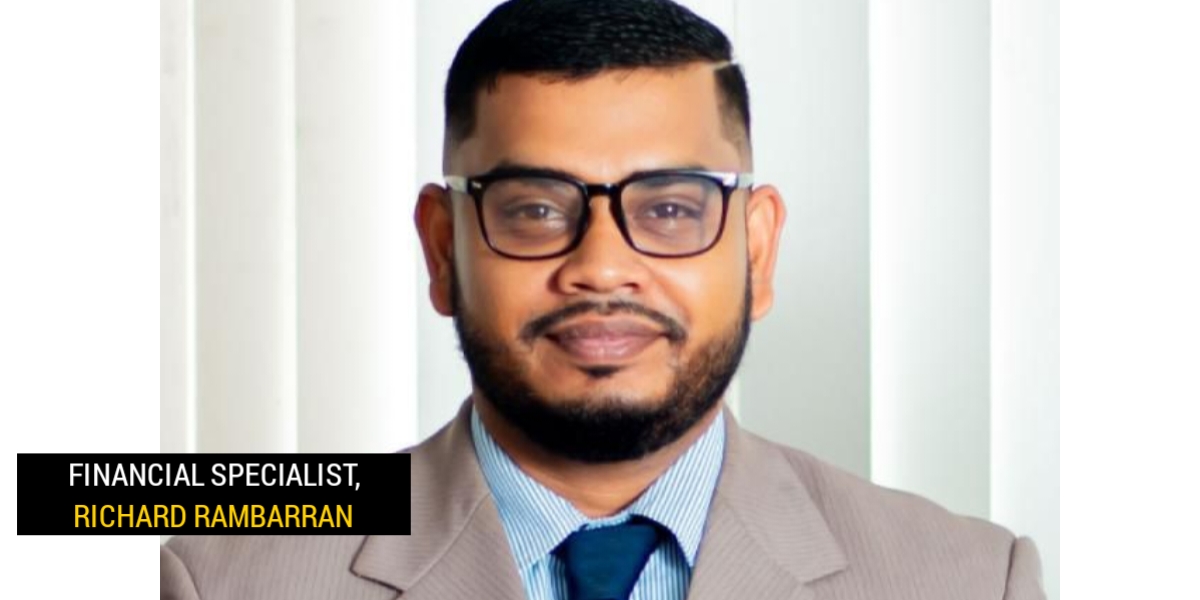It is never an easy ride for politicians tasked with managing an oil-rich nation. They are expected to navigate a multiplicity of challenges and competing interests. These include striking a delicate balance between spending to achieve meaningful transformation and setting aside a portion of the revenues for future generations. The PPP/C Administration is expected to do this effectively while keeping the dreaded Dutch Disease phenomenon at bay.
Industry stakeholders are of the view however that a much greater challenge lies ahead for the party. Economist and Finance Specialist, Richard Rambarran firmly asserts that it is the cynicism of certain sections of society that can pose the greatest threat to investor confidence.
In a recent radio interview, Rambarran said the Guyanese culture has become one that is characterized by the importation of bad lessons in oil and gas from other parts of the world. Rambarran expressed worry that it is being done to such an extent that some critics truly believe and propagate the message that the worst will befall the country.
“… But we have to be responsible stewards of our destiny as a country and ensure that we are not overly cynical about everything that happens. We have to ensure we are constructive in our criticism and in doing so, we ensure that we offer solutions in our analysis,” expressed Rambarran.
The economist who is also a member of the Investment Committee for the Natural Resource Fund (NRF) said he has seen a frightening culture of fault-finding. He firmly asserted that this could be blinding to development and the collective support that is needed.
“I have seen in Guyana over time that everything that happens we find a fault or negative experiences around the world, we wholesale transplant it to Guyana, create the worst possible outcome in our minds and then run with that as being something that is a self-evident truth,” expressed the economist.
Rambarran contended that the reality of the day is that many countries would be thrilled to be in Guyana’s position, yet, the conversation rages on in some quarters about the potential negative outcomes.
“The point I am making is that we have to ensure we don’t become our own worst enemies. We have to ensure we are responsible stewards of the conversation and ensure that we are not making cynical and ungrounded remarks. We need a debate to be done in a mature manner which tosses up new ideas and ensures that we respect each other,” the Finance Specialist stated.
Rambarran concluded that ill-talk can ultimately harm investor confidence. He insists that better must be done.













